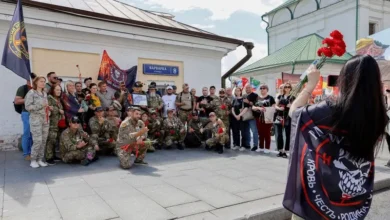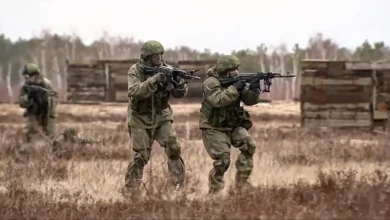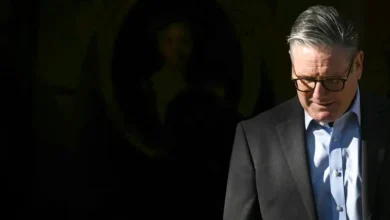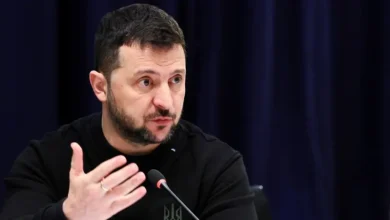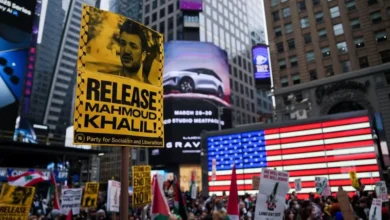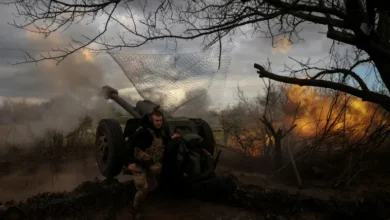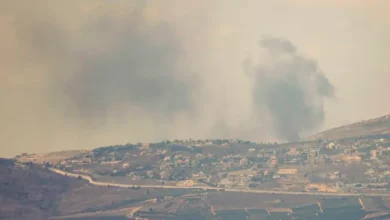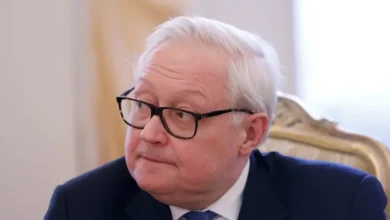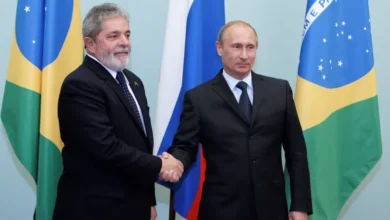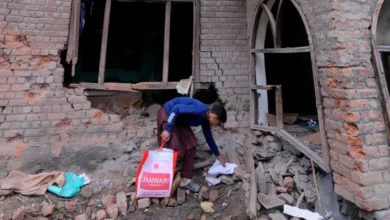Peace talks must have ‘Russian interests, concerns’, says Lavrov
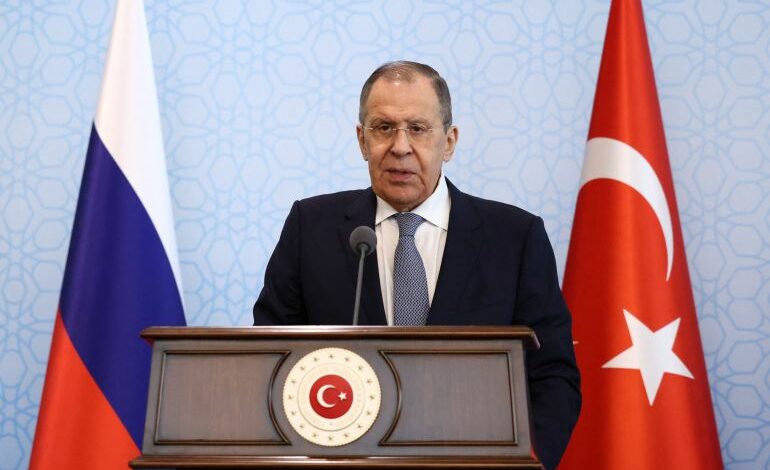
Russian Foreign Minister Sergey Lavrov has said any Ukraine peace talks must focus on creating a “new world order” and take into account “Russian interests, Russian concerns”.
Russia has long said it was leading a struggle against the United States’ dominance over the global stage and argues the Ukraine offensive is part of that fight.Earlier this week, Moscow said it had no choice but to continue its more than yearlong offensive in Ukraine, seeing no diplomatic solution.
“Any negotiation needs to be based on taking into account Russian interests, Russian concerns,” Lavrov said on Friday after meeting his Turkish counterpart Mevlut Cavusoglu in Ankara.
“It should be about the principles on which the new world order will be based,” he said, adding that Russia rejects a “unipolar world order led by ‘one hegemon’”.
Cavusoglu, whose country hosted talks between Russia and Ukraine last year, called for a resumption of dialogue and expressed “concerns that the war will escalate in spring”.
UN-brokered grain deal
Russia has, meanwhile, threatened to bypass the United Nations-brokered grain deal unless obstacles to its agricultural exports were removed.
The talks in Turkey agreed removing barriers was a necessary condition for extending the agreement beyond next month.
The Black Sea grain deal, first signed last July and twice renewed, is an attempt by the UN to ease a food crisis that predated the Russian invasion of Ukraine, but has been made worse by the most deadly war in Europe since World War II.
Lavrov said he and Cavusoglu discussed “a failure” to implement the terms of the deal, adding that Russia could work outside it if Western countries maintain what he said were obstacles to agricultural exports that were getting tougher.The deal ensures the safe passage of grains and other commodities from Ukrainian ports despite a Russian naval blockade.
Alongside Lavrov, Cavusoglu told a news conference that Turkey was committed to extending the deal beyond mid-May.
“We attach importance to the continuation of the agreement … not only for Russia and Ukraine’s grain and fertiliser exports, but also for stopping the world food crisis,” Cavusoglu said.“We also agree that the obstacles to the export of Russian grain and fertiliser should be removed. Issues need to be addressed for the grain deal to be extended further.”
Russia and Ukraine are two of the most important producers of agricultural commodities in the world, and major players in the wheat, barley, maize, rapeseed, rapeseed oil, sunflower seed and sunflower oil markets. Russia is also dominant in the fertiliser market.
While Russian food and fertiliser exports are not under sweeping Western sanctions, Moscow says restrictions on payments, logistics and insurance industries are a barrier.
